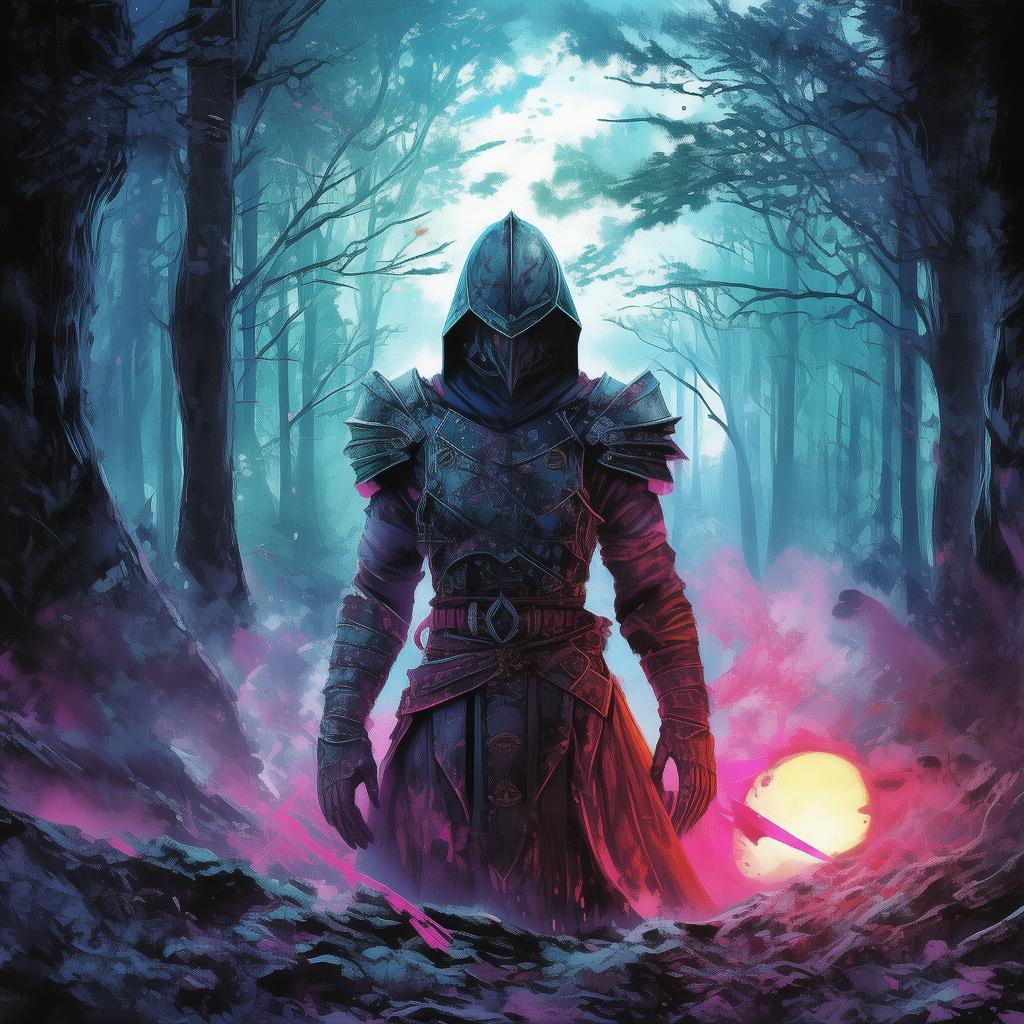The Last Seed of Eden: A Feng Shui Quest
In the bustling city of Shanghai, amidst the towering skyscrapers and the relentless hum of the metropolis, there lived an architect named Li Wei. His life was a tapestry of concrete and steel, a world far removed from the mystique of ancient tales. Yet, within him simmered a curiosity, a yearning for something beyond the confines of his modern life.
One rainy afternoon, while rummaging through an old bookstore, Li's eye caught a glint of gold among the dusty shelves. It was an ancient scroll, its surface covered in faded, intricate symbols. The title, written in a language he couldn't decipher, spoke of a place called the Garden of Eden. Intrigued, he purchased the scroll, not knowing that it would set him on a journey that would change his life forever.
The scroll contained cryptic instructions, guiding Li to a remote location in the mountains, deep within the heart of China. It spoke of ancient feng shui principles, a system of balancing energy that was said to have originated from the Garden of Eden itself. Li's architectural background made him an unlikely candidate for such a quest, but his curiosity was piqued, and he felt an inexplicable pull towards the unknown.
As he journeyed through the mountains, the air grew cooler, and the sounds of the city faded into a distant memory. He encountered mystical creatures and ancient ruins, each one a clue to the next. Li's resolve was tested as he navigated treacherous paths and faced natural disasters that seemed to be warnings of the perils ahead.
One evening, as the sun dipped below the horizon, casting long shadows across the landscape, Li stumbled upon a hidden valley. The air was thick with the scent of exotic flowers, and the light seemed to glow with an otherworldly radiance. He had found the Garden of Eden.

The garden was a paradise, a place untouched by time. Fountains of crystal-clear water flowed, surrounded by lush gardens filled with vibrant flora. In the center stood a majestic tree, its leaves shimmering with an ethereal light. It was the Tree of Life, the very heart of the Garden of Eden.
Li approached the tree, his heart pounding with a mix of fear and wonder. As he touched the bark, he felt a surge of energy course through his body. The scroll in his pocket began to glow, revealing ancient texts that spoke of the power of feng shui to not only shape the physical world but also the spiritual one.
The ancient texts revealed that the Garden of Eden was not just a physical place but a state of being, a balance of energy that could be achieved by anyone. Li realized that his quest had not been about finding a physical location but about finding that balance within himself.
As he left the Garden of Eden, the world outside seemed different. The chaos of the city no longer overwhelmed him, and he felt a deep sense of peace. He had found the true paradise, not in a distant land, but within his own heart.
Li returned to Shanghai, his life transformed. He began to incorporate the principles of feng shui into his architectural designs, creating spaces that were not only functional but also harmonious, a reflection of the balance he had found within himself.
The Last Seed of Eden: A Feng Shui Quest is a story of self-discovery, a journey that takes a man from the modern world to the heart of ancient wisdom, and back again. It is a tale that speaks to the universal quest for balance and harmony, reminding us that the true paradise lies not in a distant land, but within the heart of the seeker.
✨ Original Statement ✨
All articles published on this website (including but not limited to text, images, videos, and other content) are original or authorized for reposting and are protected by relevant laws. Without the explicit written permission of this website, no individual or organization may copy, modify, repost, or use the content for commercial purposes.
If you need to quote or cooperate, please contact this site for authorization. We reserve the right to pursue legal responsibility for any unauthorized use.
Hereby declared.









